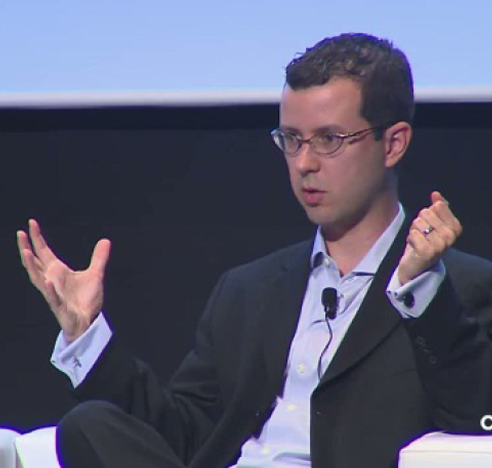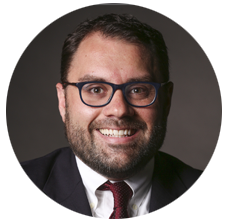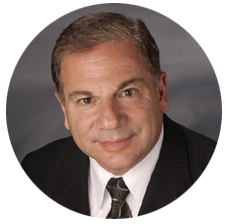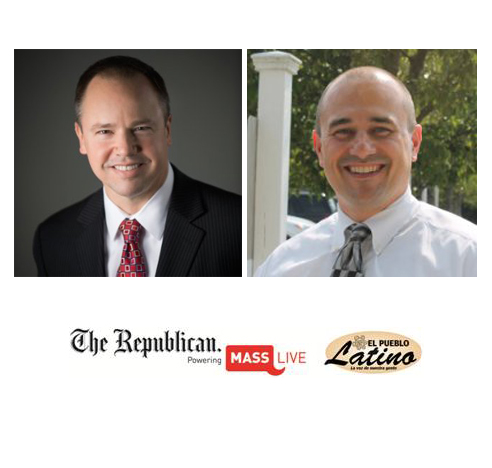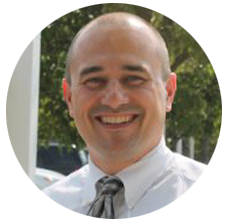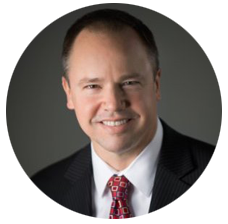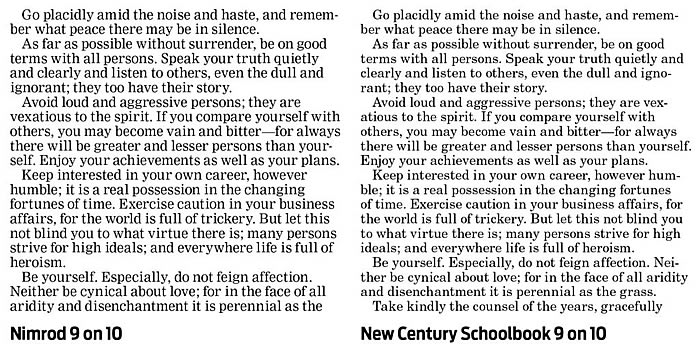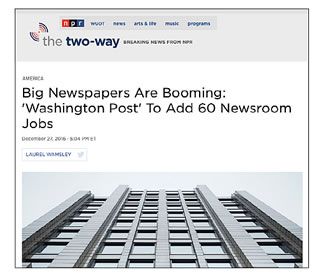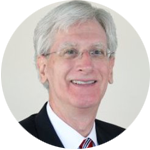The transition from 2016 to 2017 seemed to prompt a bit more email from folks who read my columns. I’m not sure if it was the upcoming solar eclipse predicted by some people to mark the end of the world, the death of Superman in “Batman vs. Superman: Dawn of Justice” late in the year or, more likely, response to the U.S. presidential election. Whatever the cause, readers had a lot to say and most wanted me to join them in saying it.
The most common request was to write something about fake news.
“You should write something we can include in our newspapers,” one publisher wrote.
“Please, please let people know that newspapers are real,” another wrote.
One ad manager said: “You’ve got to do this. We have to let readers and advertisers know we provide
needed resources to our communities.”
I thought about it. I found interviews of a couple of folks who made fortunes creating fake news sites in 2016.
I even went so far as looking into the possibility of creating my own fake news site, just to get firsthand knowledge for a story.
What I learned was it’s really not very hard to make a few thousand dollars with one of these sites. It’s
trickier, now that Facebook and Google are threatening to tighten up on providing advertising for them, but it is still possible.
I finally decided it just wasn’t worth the effort. Everyone should know by now that there are fake news sites out there, and anyone who doesn’t probably isn’t going to believe anything I might write about the subject anyway.
What’s been more interesting to me lately is all the news about big newspapers ramping up their staffs.
“Big Newspapers Are Booming: Washington Post To Add 60 Newsroom Jobs” is a current headline on NPR.com.
It’s not limited to the United States. “Why India’s newspaper business is booming” is the headline in a 2016 column in The Economist.
You know what I think? I think that most people don’t understand our business.
I sound like a broken record when I write that most newspapers I visit, and I probably visit more than anyone you know, are doing just fine. I’ve been at papers, like one I visited in Florida recently, looking for five editors to fill staff vacancies while I was on-site. I receive messages daily from editors and publishers looking for writers, editors, salespeople, designers and others for their operations.
Just this week I helped a weekly in Tennessee and a daily in South Carolina fill staff openings.
Like most businesses and most years, we have newspapers doing well and others doing not so well, so I might not be as quick as NPR to write that newspapers are booming.
It pains me to watch some big newspaper groups who aren’t doing well at all. I also know that there are
plenty of small papers out there having rough years. The truth, as I see it, is that most papers are doing well, especially community papers. Some big papers I visit are doing well, but most aren’t.
Election season is always tough on advertising, except political ads. When I owned a newspaper a few years
ago, we would grit our teeth in the months leading up to an election, knowing advertising would increase once a president was selected, no matter who it was.
Even my consulting business feels the pressures of election season. My phone didn’t ring a lot in October and November. I knew not to worry. I’ve been at this too long. In the first week of January, I received
requests on one day from six different newspapers, asking when I could make a visit.
I try not to get on my soapbox too often these days. Call it a New Year’s resolution, if you will, but I’m trying to look past my own initial observations and see what is really happening in our business.
Here’s what I see so far in 2017:
• Just like other years, my email and voicemail are filled with messages from newspapers and groups asking me to make a visit. Apparently our industry hasn’t gone anywhere.
• I’m hearing from newspapers, both small and large, that are updating their operations as they begin this new year.
• Attendance at my online events is very promising. Hundreds of newspaper folks attend online training events each month.
I hope NPR is right. I hope big papers are booming, and I hope that translates to small papers booming. The truth, however, is probably somewhere between “Newspapers are booming” and “Newspapers are dead.”
As I consider the hundreds of newspapers I worked with in 2016 and the thousands of emails I received from readers, it seems like newspapers are doing just fine overall.
There are even some people out there who think that the reaction to fake news that permeated social media in 2016 might bring more readers into our fold. I’ve certainly heard from several friends who have subscribed to their local papers in the past few weeks.
In 12 months, we will know. Until then, take a breath. Everything looks OK from my vantage point.



